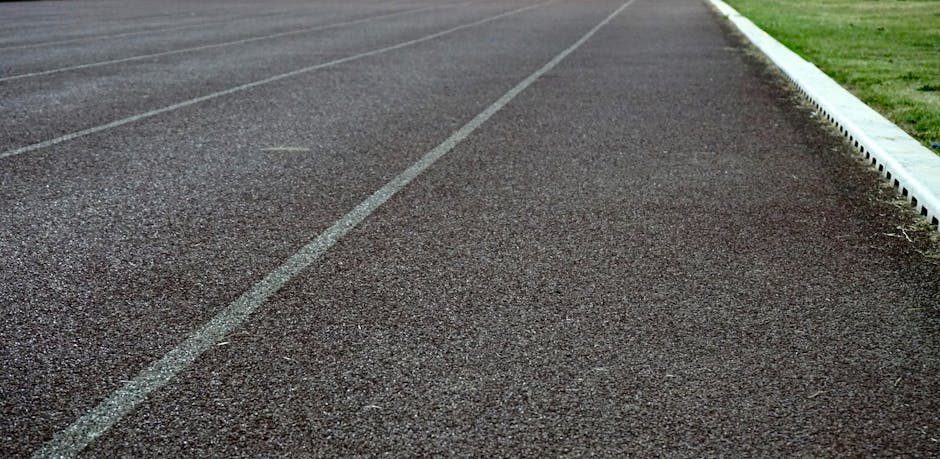The Unseen Struggles: When a Church Official’s Gait Reveals a Deeper Story
The image is jarring: a respected church official, pillar of the community, struggling to walk in a straight line. The seemingly simple act of ambulation becomes a visible symbol of vulnerability, raising questions, sparking whispers, and potentially impacting their role within the congregation. This article aims to explore the multifaceted issues surrounding such a situation, moving beyond superficial judgments and offering a compassionate understanding of the complex realities involved.

Potential Medical Causes Behind an Unstable Gait
Before delving into the social and spiritual implications, it’s crucial to address the potential underlying medical reasons. An unsteady gait can stem from a wide range of conditions, some easily treatable, others requiring ongoing management. These include:

- Neurological Disorders: Conditions like Parkinson’s disease, multiple sclerosis (MS), stroke, and cerebellar ataxia can significantly impact balance and coordination, leading to an unsteady gait.
- Inner Ear Problems: Vertigo, Meniere’s disease, and labyrinthitis can disrupt the body’s sense of balance, causing dizziness and difficulties with walking.
- Musculoskeletal Issues: Arthritis, muscle weakness, spinal stenosis, and other orthopedic problems can make walking difficult and unstable.
- Medication Side Effects: Certain medications, particularly those affecting the nervous system, can have an unsteady gait as a side effect.
- Orthopedic Injuries: Previous injuries to the legs, ankles, or feet can result in lingering balance issues.
- Peripheral Neuropathy: Damage to peripheral nerves can lead to weakness, numbness, and impaired coordination, affecting gait significantly.
It’s crucial to remember that observing someone’s gait should never be the basis for diagnosis. A proper medical evaluation by a physician or neurologist is essential to identify the underlying cause and recommend appropriate treatment.

The Impact on Ministry and Leadership
For a church official, an unsteady gait can profoundly impact their ability to perform their duties. The physical demands of their role—leading services, visiting parishioners, participating in community events—may become significantly challenging. This can lead to:
- Reduced Mobility and Accessibility: Difficulty navigating church buildings, visiting parishioners in their homes, or participating in outdoor events.
- Increased Dependence on Others: The need for assistance with tasks previously performed independently, potentially affecting their sense of autonomy and self-reliance.
- Emotional and Psychological Strain: The visible manifestation of physical limitations can be emotionally taxing, leading to feelings of frustration, self-consciousness, or even depression.
- Changes in Ministry Style: The need to adapt their approach to ministry, potentially relying more on delegating tasks or modifying their style of interaction.
- Potential for Misunderstanding and Judgment: Members of the congregation may misinterpret their condition, leading to unwarranted assumptions or concerns.
The Role of Compassion and Support
The church community plays a vital role in supporting a church official facing these challenges. Instead of focusing on their physical limitations, the focus should shift towards fostering understanding, empathy, and practical assistance. This includes:
- Open Communication: Encouraging open and honest conversations about the challenges they face, creating a safe space for sharing vulnerabilities.
- Practical Assistance: Offering assistance with tasks that have become difficult, such as helping with mobility, transportation, or other physical needs.
- Emotional Support: Providing encouragement, compassion, and understanding, acknowledging their emotional struggles alongside their physical challenges.
- Accessibility Adjustments: Making necessary adjustments within the church building and during events to ensure accessibility and inclusivity for everyone.
- Prayer and Spiritual Support: Offering spiritual support through prayer, offering words of comfort and hope, and reminding them of God’s grace and strength.
- Education and Awareness: Educating the congregation about the potential medical conditions that might cause an unsteady gait, promoting a culture of understanding and acceptance.
Navigating the Complexities: A Pastoral Perspective
Pastoral leaders have a unique role to play in these situations. They must balance their pastoral care responsibilities with the practical considerations of managing the church’s needs. This requires:
- Confidentiality and Respect: Maintaining the privacy and dignity of the affected individual, respecting their boundaries and choices regarding disclosure.
- Sensitive Communication: Addressing the issue with sensitivity and tact, avoiding judgmental language or speculation.
- Collaboration and Support: Working closely with the affected individual to find solutions that accommodate both their physical limitations and their continued ministry.
- Encouragement and Empowerment: Focusing on their strengths and spiritual gifts, empowering them to continue serving in ways that are possible and sustainable.
- Seeking Professional Guidance: Consulting with medical professionals, disability specialists, or other relevant experts to ensure appropriate support and accommodations.
Conclusion: Beyond the Gait
Seeing a church official struggling to walk in a straight line can be unsettling, but it’s essential to remember that this visible challenge may be masking a deeper story of resilience, faith, and ongoing struggles. By focusing on compassion, understanding, and practical support, the church community can help this individual navigate these challenges with grace and dignity, fostering a deeper sense of community and shared faith.
This article serves as a starting point for a more nuanced conversation about disability, illness, and the importance of empathy within the church. It is a reminder that true strength lies not only in physical ability, but in the unwavering faith and resilience of the human spirit.

